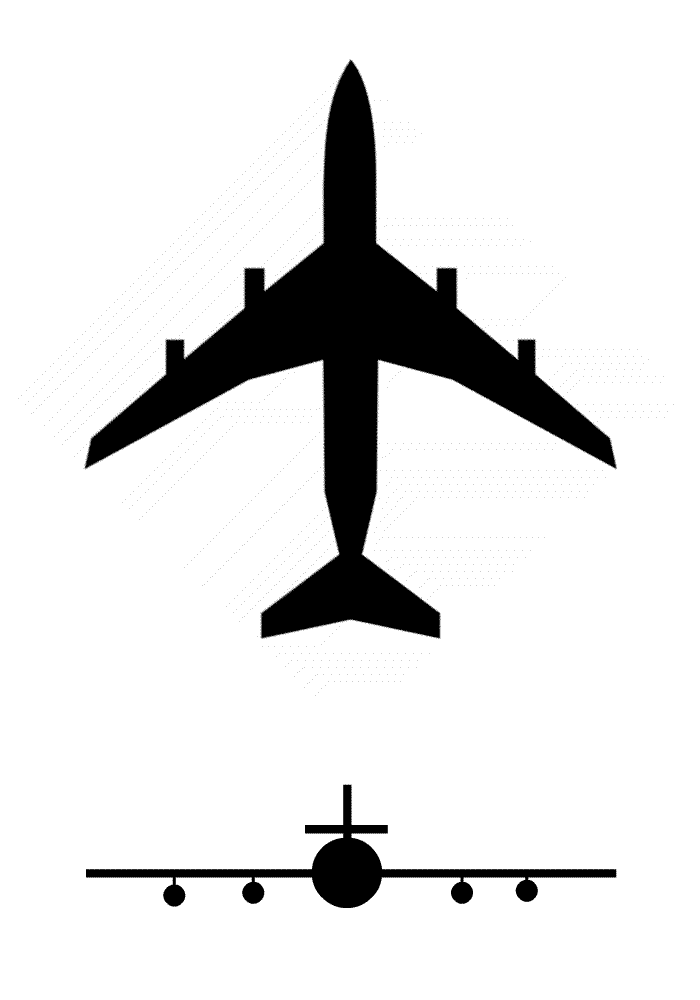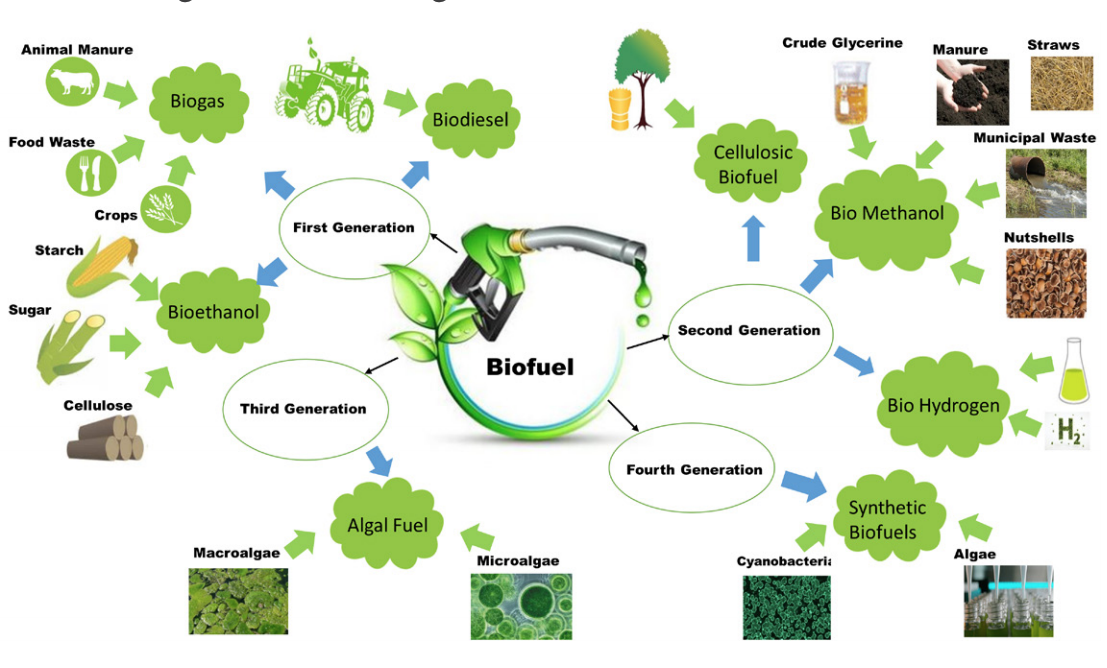
Flying on leftovers, sugar, fat, and corn waste – recipe for Sustainable Aviation Fuel (SAF) – Virgin Atlantic’s Boeing 787 flew from London’s Heathrow to New York’s JFK, joining Emirates and Gulfstream in demonstrating a new “wingprint” for aviation. In some ways, it was just a proof-of-concept: there were no passengers or cargo. But nevertheless, it is a significant milestone for an industry that seeks climate-sensitive solutions to air transport emissions.

1903 to 2023 – just over a century after the Wright Brothers made the first successful flight of a heavier-than-air craft, aviation has begun to transition to sustainable and renewable fuel sources. Recently, Emirates claimed the honor of being the first airline to demonstrate flight of an A380 with 100% SAF. But the aircraft used SAF fuel in only one of the plane’s four engines. Other aviation industry leaders including Airbus, Engine Alliance, Pratt & Whitney, Neste, Virent and others joined the quest. Just days earlier, Gulfstream Aerospace, leader in business and private air travel, completed a transatlantic flight from Savannah, Georgia to Farnborough airport in England. using 100% SAF. Using Pratt & Whitney PW815GA engines, flight fuel was composed of hydroprocessed esters and fatty acids (neat HEFA) biofuel.

What is Sustainable Aviation Fuel (SAF)? It is a fuel produced from non-petroleum based , renewable “feedstocks” that may include food and yard waste from landfills, fats and greases from leftovers in commercial kitchens, and woody biomass. Suppliers include Neste and World Energy. In the United States. the Department of Energy, Department of Transportation, and other agencies signed a Memorandum of Understanding termed the “SAF Grand Challenge” to produce 3 billion gallons (ll billion liters) per year by 2030 and 35 billion gallons (132 billion liters) per year by 2050.

When the International Civil Aviation Organization (ICAO) met, this week, for the Conference on Aviation and Alternative Fuels, Emirates’, Gulfstream’s, and Virgin’s achievements served to accelerate progress towards the goal of making all aircraft capable of flying with 100% SAF by 2030. Presently, commercial airlines can use only 50% SAF while safety tests continue.

SAF could reduce air travel’s carbon “wingprint” by 70%. How? SAF does emit the same amount of greenhouse gases when airborne, but it is made from plants like corn that have already absorbed CO2 before they were cut. So in a sense, SAF is considered cleaner. SAF does not come cheap: it costs 6 times more than regular jet fuels like kerosene. Another factor is land use. Growing enough plants for biofuels would use a lot of land: in the UK, it would consume half of available agricultural land. Instead of traditional biomass SAF, environmental advocates advise development of synthetic fuels made by blending green hydrogen with carbon captured energy. Innovators in what is termed “synthetic kerosene” include Shell, KLM, and start-up Twelve Corporation. The global SAF market, including synthetic kerosene, is predicted to grow by 47% from 2023 to 2030.
Austin, Katy. “Groundbreaking transatlantic flight using greener fuel lands in the US.” 27 November 2023. BBC. https://www.bbc.co.uk/news/business-67548961
Department of Energy (DOE), United States. “Sustainable Aviation Fuel.” https://afdc.energy.gov/fuels/sustainable_aviation_fuel.html
Emirates. “Emirates world’s first airline to operate A380 demonstration flight with 100% Sustainable Aviation Fuel.” 22 November 223. https://www.emirates.com/media-centre/emirates-worlds-first-airline-to-operate-a380-demonstration-flight-with-100-sustainable-aviation-fuel/
General Dynamics. “Gulfstream completes world’s first trans-Atlantic flight on 100% sustainable aviation fuel.” 20 November 2023. Cision/General Dynamics. https://www.prnewswire.com/new-releases/gulfstream-completes-worlds-first-trans-atlantic-flight-on-100-sustainable-aviation-fuel-301993029.html
International Civil Aviation Organization (ICAO). https://www.icao.int/
Prisco, Jacopo. “Plane will fly from London to New York with 100% sustainable aviation fuel. Experts say it’s not a fix.” 28 November 2023. CNN. https://www.cnn.com/2023/11/28/travel/first-transatlantic-flight-saf-climate-scn-spc
Shell. “World first – synthetic kerosene takes to the air.” https://www.shell.com/business-customers/aviation/100years/flying-together/synthetic-kerosene.html
Twelve Corporation. https://www.twelve.co
Building the World Blog by Kathleen Lusk Brooke and Zoe G. Quinn is licensed under a Creative Commons Attribution-NonCommercial-NoDerivs 3.0 U
